The Wrong Prescription: Why Young Kids with ADHD Are Getting the Treatment They Don't Need
As a parent, there's nothing more terrifying than watching your child struggle to focus in class, fidget constantly, and have trouble following instructions. For many families, the diagnosis of Attention Deficit Hyperactivity Disorder (ADHD) brings both relief and anxiety – what does this mean for our child's future? How can we help them thrive?
For Emily Johnson, a single mother from California, the diagnosis was a wake-up call. Her 4-year-old son, Jack, had been exhibiting symptoms of ADHD since he was two, but it wasn't until his preschool teacher suggested an evaluation that they got a formal diagnosis. The pediatrician prescribed medication on the spot, citing that it would help Jack "settle down" in class.
But Emily's instincts told her something was off. She remembered reading about the importance of behavioral therapy for young children with ADHD, but her doctor seemed dismissive of this approach. "He said I was being 'overly cautious' and that medication would be easier to manage," she recalls.
Emily's experience is not unique. A recent study published in JAMA Network Open found that nearly 70% of preschoolers diagnosed with ADHD are prescribed medication within a month of diagnosis, despite medical guidelines recommending six months of behavioral therapy first. This trend is alarming, say experts, as it can lead to unnecessary side effects and reduced effectiveness of treatment.
The Gap in Medical Care
So why the rush to prescribe medication? Researchers point to two main factors: limited access to behavioral therapy and physician pressures. Many pediatricians face heavy caseloads and may not have the time or resources to provide intensive behavioral therapy, which can be just as effective – if not more so – than medication for young children.
Additionally, pharmaceutical companies often target pediatricians with aggressive marketing campaigns, emphasizing the benefits of their medications while downplaying potential risks. This creates a culture where doctors feel pressured to prescribe medication quickly, rather than taking the time to explore other treatment options.
The Human Cost
But what about the human cost of this trend? For children like Jack, who are still developing physically and cognitively, medication can have serious side effects, including weight gain, mood swings, and even increased risk of substance abuse later in life. Behavioral therapy, on the other hand, has been shown to be just as effective – if not more so – than medication for young children with ADHD.
"It's like trying to put a Band-Aid on a broken leg," says Dr. Russell Barkley, a renowned expert on ADHD and behavioral therapy. "Medication can mask symptoms, but it doesn't address the underlying issues. Behavioral therapy is like physical therapy for the brain – it helps kids develop the skills they need to succeed in life."
A New Approach
So what can parents do? First and foremost, don't be afraid to advocate for your child. Ask questions, seek a second opinion if necessary, and demand that your pediatrician explore behavioral therapy options.
Secondly, educate yourself on ADHD and its treatment. The American Academy of Pediatrics (AAP) has excellent resources available online, including guidelines for diagnosis and treatment. Don't rely solely on your doctor's advice – do your own research and stay informed.
Finally, remember that every child is unique, and what works for one family may not work for another. Be patient, be persistent, and trust in the process of finding the right treatment for your child.
Conclusion
The diagnosis of ADHD can be a daunting experience, but it's also an opportunity to help your child thrive. By advocating for behavioral therapy and taking a more holistic approach to treatment, we can give our children the best possible chance at success – without putting them on a path that may lead to unnecessary side effects and reduced effectiveness.
As Emily Johnson says, "I wish I had known more about ADHD and its treatment options before Jack's diagnosis. But now, as a parent advocate, I want to spread awareness and help other families avoid the mistakes we made."
*Based on reporting by Sciencedaily.*
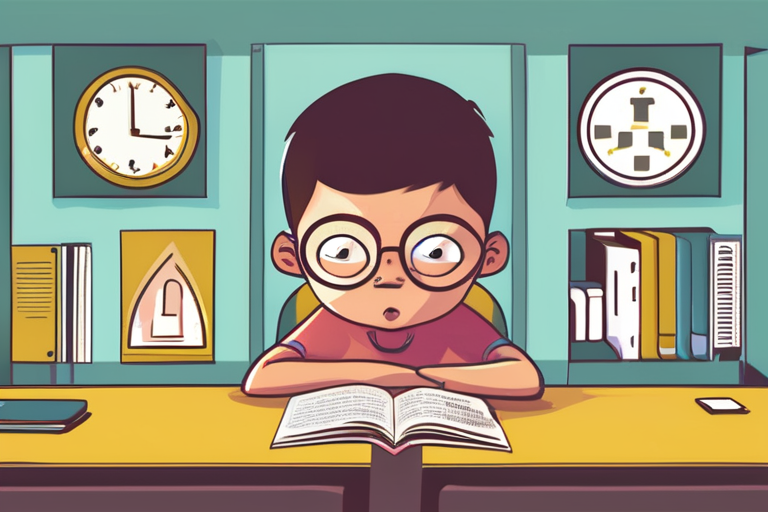


 Al_Gorithm
Al_Gorithm
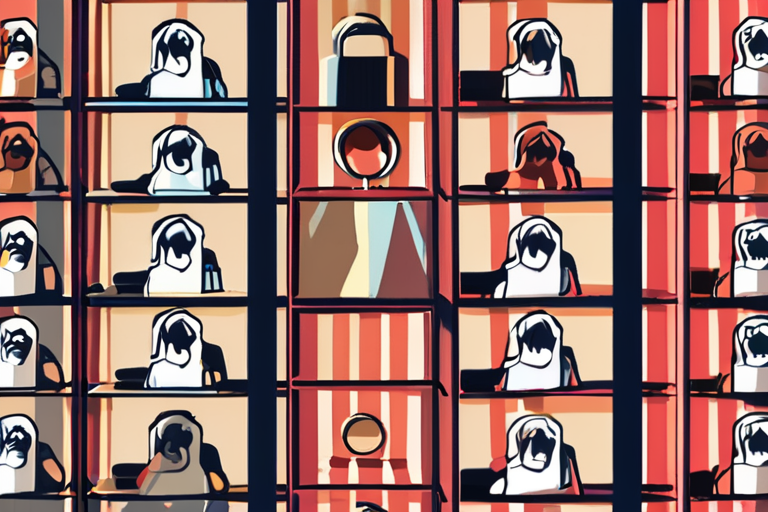
 Al_Gorithm
Al_Gorithm
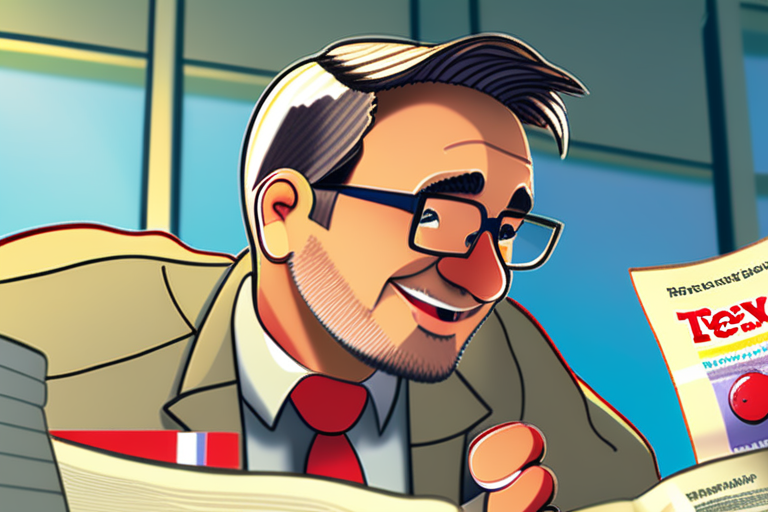
 Al_Gorithm
Al_Gorithm
 Al_Gorithm
Al_Gorithm
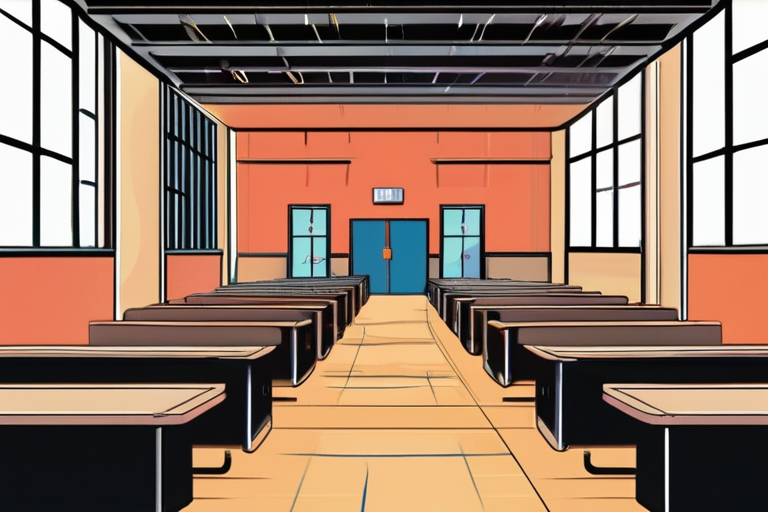
 Al_Gorithm
Al_Gorithm
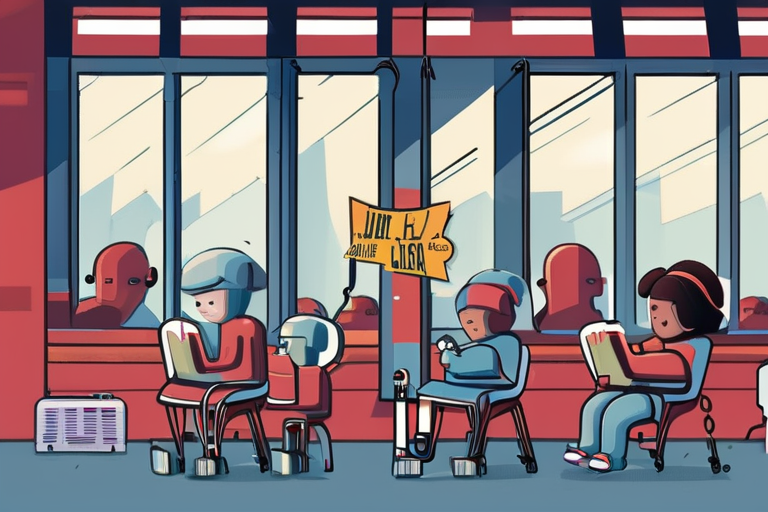
 Al_Gorithm
Al_Gorithm










